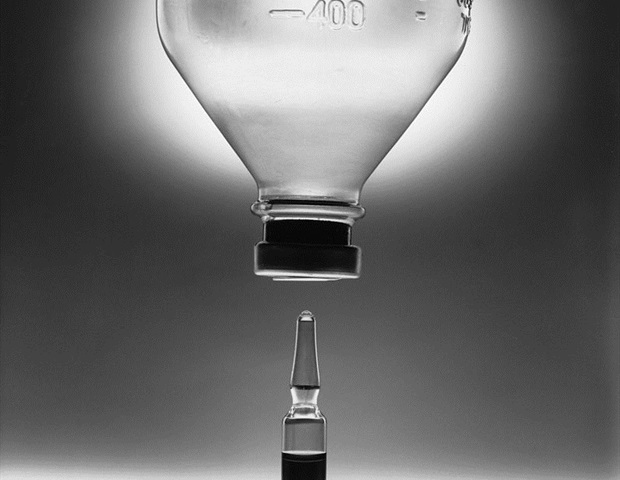A research team led by UCLA Health Jonsson Comprehensive Cancer Center investigators has shown that that combining pembrolizumab, an immunotherapy drug, with standard chemotherapy can improve treatment outcomes for patients with small cell bladder cancer and small cell/neuroendocrine prostate cancer. Small cell carcinomas can arise in various tissues-;including the bladder, prostate, lung, ovaries and breast-;and are known for their rapid progression, tendency to relapse after initial treatment and poor overall survival rates. The survival time for patients with advanced small cell bladder cancer is only about 7 to 13 months and only 7 to 9 months for patients with small cell/neuroendocrine prostate cancer.
The early-stage study, published in Cell Reports Medicine , showed that using pembrolizumab with chemotherapy resulted in 43% of patients having a partial or complete regression of disease, with 86% of patients with bladder cancer and 57% of those with small cell/neuroendocrine prostate cancer living two years. The combination of pembrolizumab and chemotherapy presents a promising new treatment approach for these challenging-to-treat, rare cancers and could be a major breakthrough for patient care." Dr.
Arnold Chin, professor of urology at the David Geffen School of Medicine at UCLA and senior author of the study Immune-based treatment, such as pembrolizumab, has showed success for treating people with a variety of advanced or metastatic cancers, including patients with ad.


















